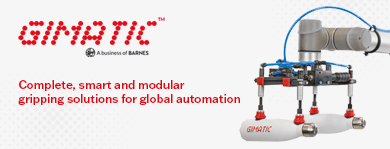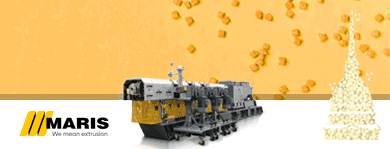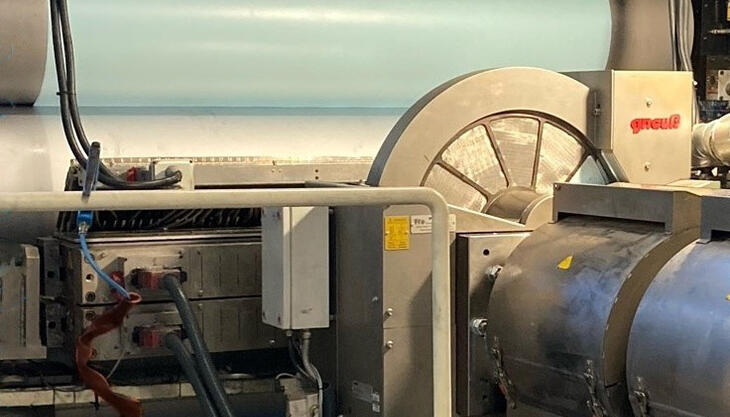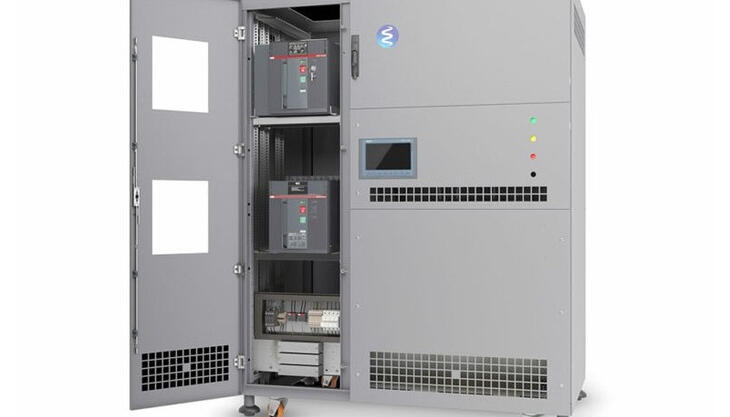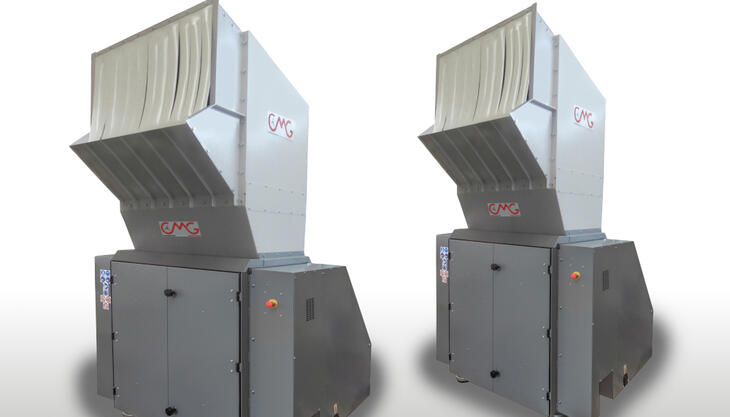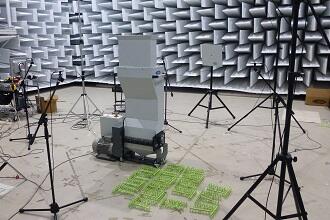
In the perspective of continuous development and innovation, Tria has designed a whole range of new granulators to get new market shares in injection moulding. Specific attention has been paid to the needs of automotive multinational companies, a sector in continuous growth: as a matter of fact the most important analysis and research institutes in the world (including HIS Markit) estimated on average an increasing use of plastic components in every car from 200 kg in 2014 to 350 kg in 2020. All the new products will be shown for the first time on the occasion of next K show in Düsseldorf.
The acronym JS
identifies the three new screenless granulators designed by Tria, while JM
identifies two new models without soundproof box, in addition to the existing
ones of the same series with the box on board. A precise design brief, well
studied in years thanks to partnership with customers, has driven the entire
project. The machines’ longitudinal and slim shape not only characterises them
in terms of design, but also allowed the company to reduce their lateral footprint
up to 50% compared to the conventional granulators (see the picture below),
thus leaving more space between one press and the other in the injection
moulding halls, so that the operator can work more easily. Modular design is
another important feature of these units. All hoppers are designed for robot feeding
and for in-line grinding.
As regards screenless granulators, the housings where the reels rotate has been manufactured thanks to a patented design that allows an easy opening for a simple, quick and complete cleaning. The funnel of the JM series, on the other hand, which works also as screen holder, is integrated to the grinding chamber and easily removable. The grinding chamber, thanks to its particular shape, is dust-tight. Special attention has also been paid to ensure easy access to all those parts subject to cleaning and maintenance: the access to the new machines is tools free and from one side only; several features simplify all the operations required, from the extractable funnel of JM machines to a compressed air device on the JS models, making it possible to remove fine dust smoothly from the interspace between grinding chamber and shaft, thus preventing it from reaching the bearings.
Many features of these products are in compliance with Tria high standards; others have been improved. Reduced installed power, from 0.5 kW to 1.5 kW, depending on model. Established features are the effective cut and the high regrind material quality, obtained thanks to the helical configuration of the square teeth milling cutters and the inclined shape of the reels for the series JS. The above mentioned characteristics have been obtained for the JM series using the single blade able to grind both sprues and scrap pieces, unlike the multi-blade granulators. As for the noise level reduction, the JM rotor has an innovative design, with a new section, and







